In the quiet hum of a hospital room, where the only sounds were the beeping of machines and the soft shuffle of nurses’ footsteps, Sarah found herself drowning in a silence louder than any noise she had ever known. The diagnosis had come swiftly and brutally, leaving her reeling in its wake. It was in this crushing isolation that she fumbled for her headphones, her fingers trembling as she pressed play on a song she had loved in happier times. As the first chords washed over her, something shifted. The music didn’t erase the fear or the uncertainty, but it wrapped around her like a blanket, a familiar comfort in a world that had suddenly turned alien. In that moment, she wasn’t just a patient; she was a person, whole and connected to something beyond the four walls of her room.
Sarah’s story is not unique. Across the globe, music serves as a lifeline for countless individuals navigating the darkest chapters of their lives. It is a universal language that requires no translation, capable of bridging chasms of pain, loneliness, and despair. When words fail, music speaks. It stitches together the frayed edges of broken hearts and offers a rhythm to which weary souls can cling. This is not merely about entertainment or passing the time; it is about survival. It is about those pivotal moments when a melody becomes a mantra, a lyric becomes a lifeline, and a song becomes a savior.
For Michael, a veteran grappling with the invisible wounds of war, salvation came in the form of a dusty guitar left in the corner of his attic. The nightmares were relentless, replaying scenes he desperately wanted to forget. Sleep was a battlefield, and he was losing. One afternoon, driven by a force he didn’t understand, he picked up the instrument. His fingers, once trained for combat, now clumsily searched for chords. The process was frustrating, painful, and slow. But with each note, each strained melody, he was not just learning to play; he was learning to breathe again. The guitar became his confessional, a vessel for the emotions he could not voice. The music did not silence the past, but it gave him a new language to confront it, note by painful note.
Then there is the story of Elena, who found herself utterly alone in a new city, a mosaic of unfamiliar faces and skyscrapers that seemed to scoff at her small-town dreams. The loneliness was a physical weight, heavy and constant. One rainy evening, she wandered into a tiny jazz club, seeking nothing more than shelter. The band was in the middle of a set, a complex, improvisational piece that should have felt chaotic. But to Elena, it was a conversation. The saxophone wept, the piano responded with hope, the drums built a foundation of resilience. In that shared experience with strangers, all moved by the same rhythm, her isolation melted away. She was part of a collective pulse, a momentary community bound by the magic of a live performance. That night, music didn’t just save her evening; it saved her from the despair of feeling invisible.
What is it about music that grants it this profound power? Science offers clues, pointing to its ability to stimulate the release of dopamine, to engage nearly every region of our brain. It can lower cortisol levels, slow our heart rate, and even reduce the perception of pain. But anyone who has ever been swept away by a song knows that its impact transcends biochemistry. Music provides a narrative for our emotions when we cannot find our own. A sad song can validate our grief, making us feel seen in our sorrow. An upbeat anthem can inject us with a courage we didn’t know we possessed, urging us to take one more step forward. It is a time machine, instantly transporting us back to a specific moment, and a blueprint for the future, helping us imagine a way out of our current pain.
For David, the blueprint was literal. After a devastating divorce that left him questioning his entire identity, he could barely get out of bed. The future was a blank, terrifying page. A friend, desperate to help, made him a playlist titled "Just Get Through Today." It was a seemingly simple gesture, but it became his anchor. Every morning, he would press play. The songs were a mix of empowering rock ballads and gentle, empathetic folk tunes. They didn’t preach; they accompanied. They walked with him through the anger, the sadness, and the slow, arduous climb toward acceptance. The music gave a structure to his formless days and, eventually, the strength to start writing a new story for himself.
These stories echo a truth that resonates across cultures and generations: music is a fundamental thread in the fabric of human resilience. It is there in the lullabies that calm a frightened child, the protest songs that unite a movement, the hymns that offer solace at a funeral, and the love songs that help us remember and heal. It is our most constant companion in both celebration and suffering. The individuals who share these experiences are not claiming that music is a magical cure-all. Rather, they are testifying to its unique ability to meet us exactly where we are, in the depths of our struggle, and offer a hand to hold onto. It is the sound of hope, persistence, and the unbreakable human spirit, reminding us that even in our most solitary battles, we are never truly alone if we can still hear the music.
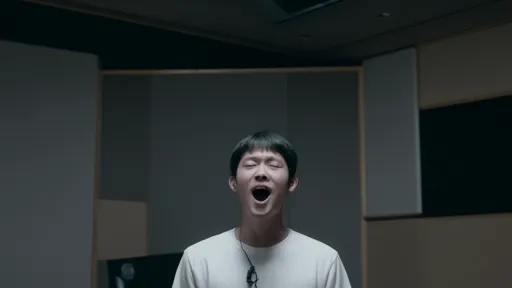
By /Aug 22, 2025

By /Aug 22, 2025
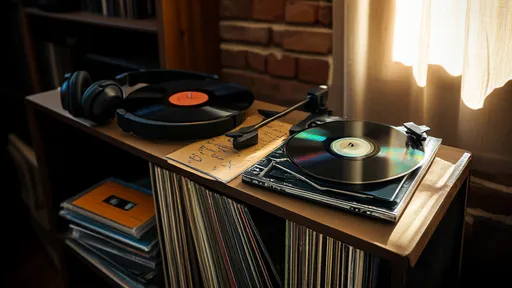
By /Aug 22, 2025
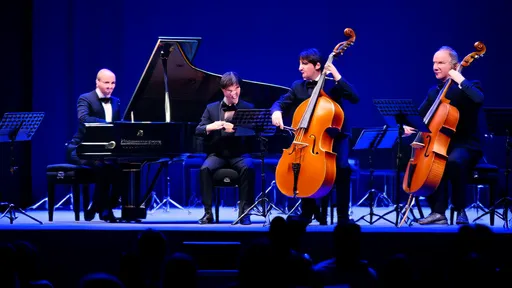
By /Aug 22, 2025
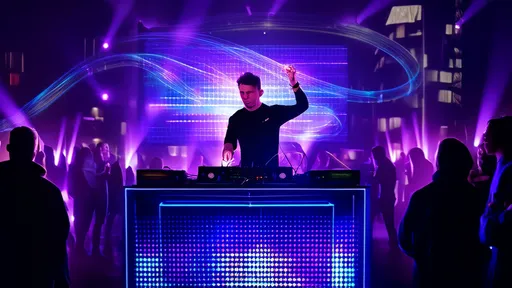
By /Aug 22, 2025
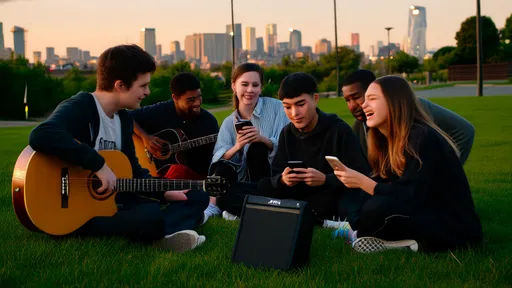
By /Aug 22, 2025
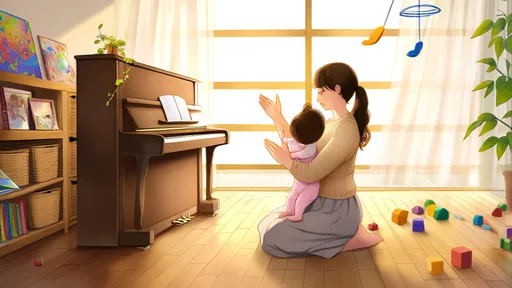
By /Aug 22, 2025
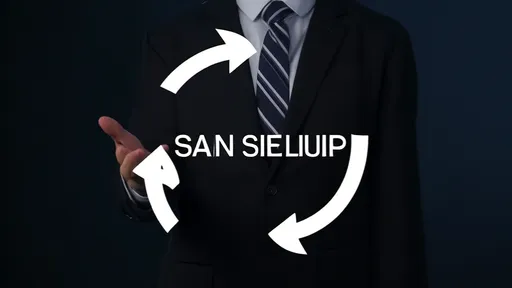
By /Aug 22, 2025
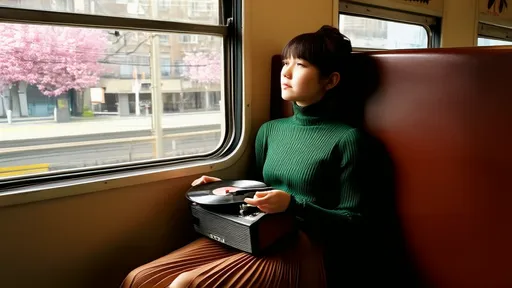
By /Aug 22, 2025
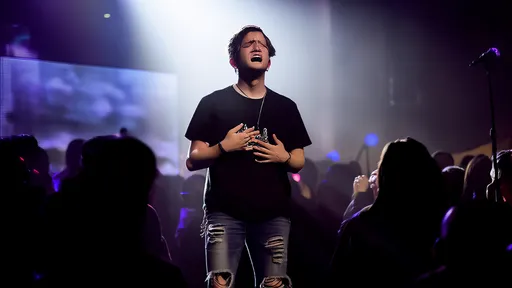
By /Aug 22, 2025

By /Aug 22, 2025

By /Aug 22, 2025
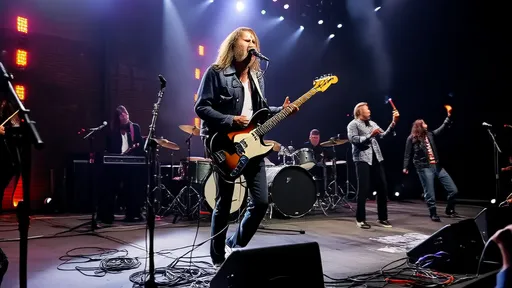
By /Aug 22, 2025
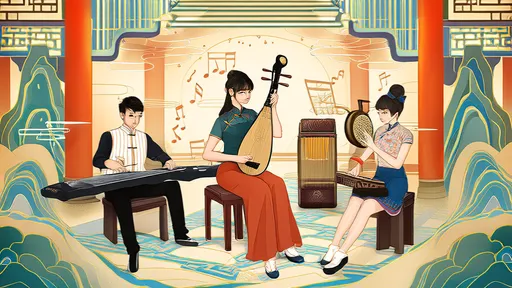
By /Aug 22, 2025

By /Aug 22, 2025
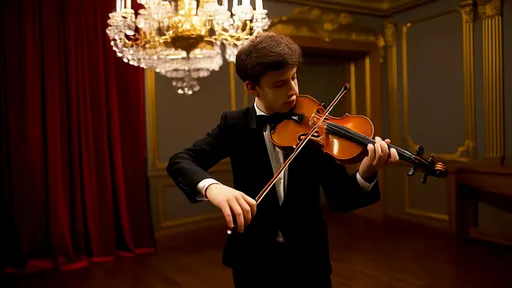
By /Aug 22, 2025
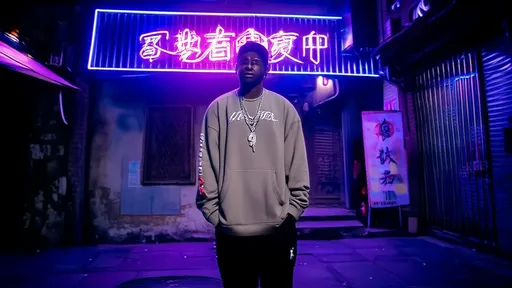
By /Aug 22, 2025
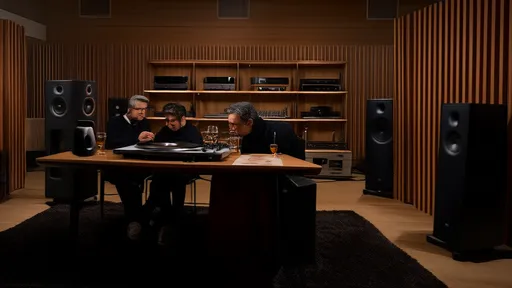
By /Aug 22, 2025

By /Aug 22, 2025
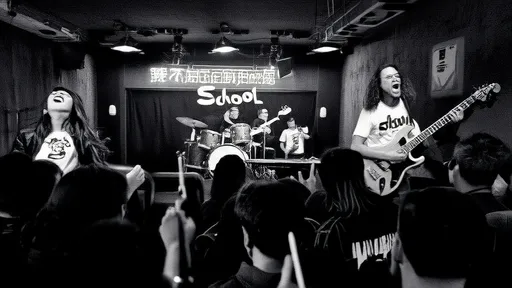
By /Aug 22, 2025